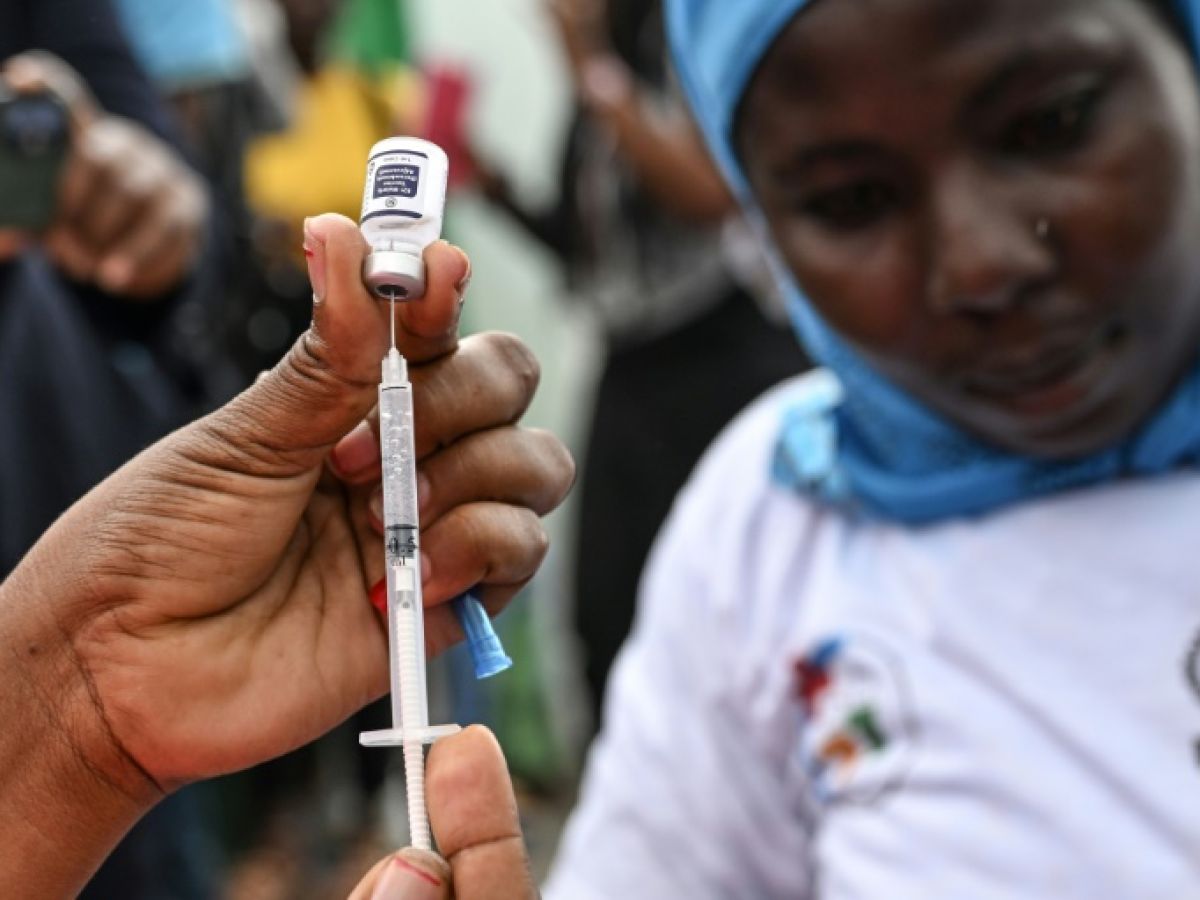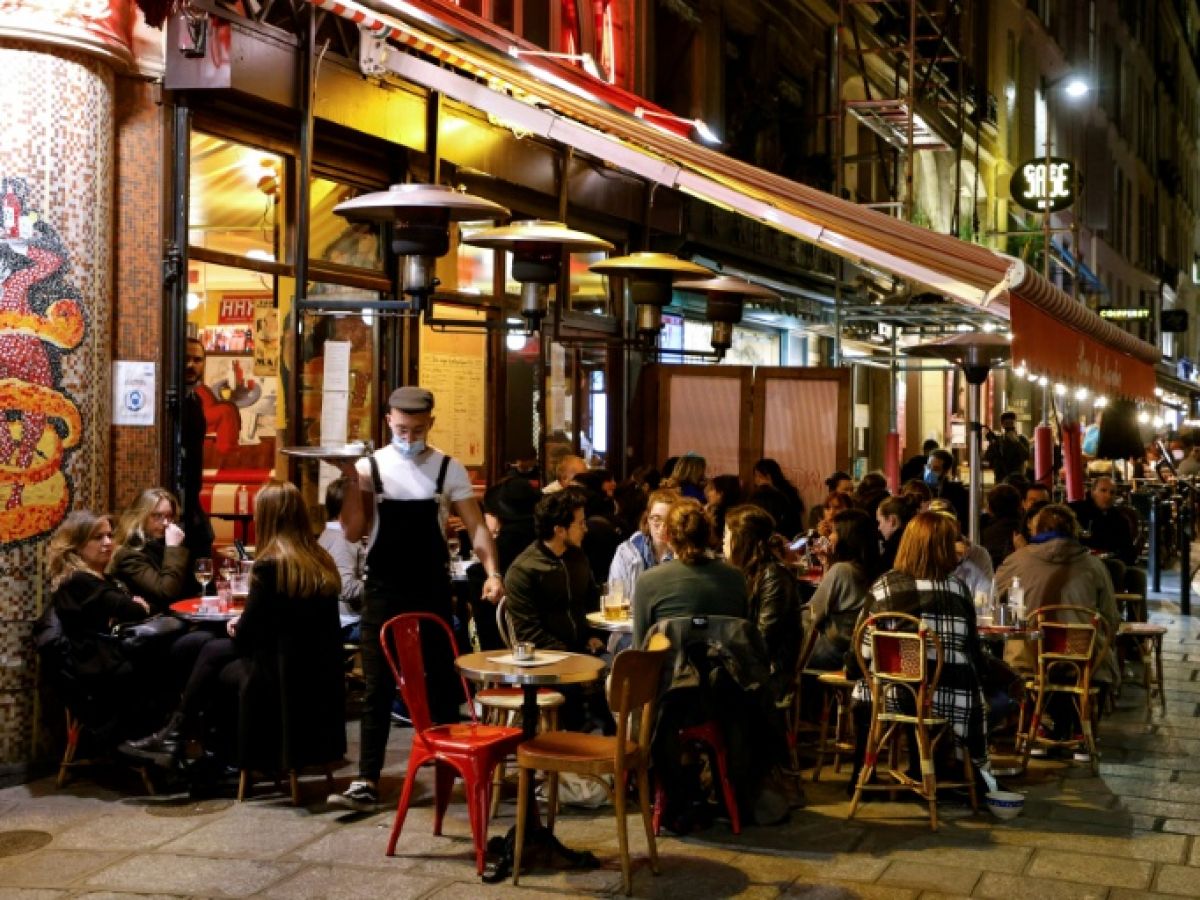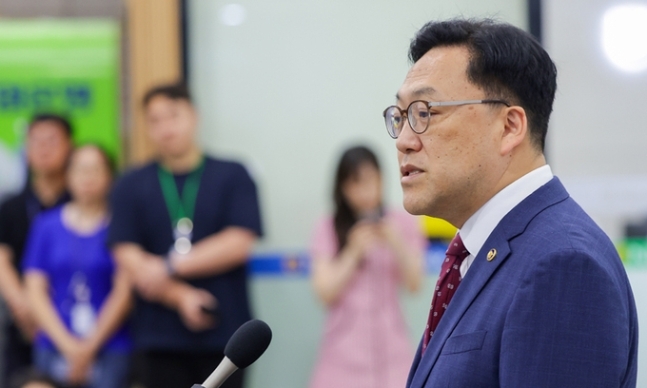In Abobo, a working-class district of Abidjan, dozens of women queue in front of nurses, babies tied to their backs in a loincloth: Ivory Coast launched its first vaccination campaign against malaria on Monday, which kills the majority of children.
Sitting on her mother's lap, wrapped in her arms, Awa cries just at the sight of the needle: at eight months old, she receives her first dose of vaccine.
“I'm happy, I saw all the mothers who came to get this malaria vaccination,” says her mother smiling. Behind her, women also console their toddlers.
“The grandchildren, I am going to have them vaccinated soon, it won't be long, to prevent them from getting malaria, since when the child already has the vaccine, he is safe,” explains Achiaou Aremu, a grandmother. mother came to get information on Monday in Abobo.
“This disease ravages it, causes a lot of damage,” she insists.
In Ivory Coast, malaria, transmitted by mosquitoes, kills four people per day, including three children under 5 years old, and remains the leading cause of medical consultations, according to the Ministry of Health.
The country has thus included the antimalarial remedy in the vaccination schedule for children, after having received 656,600 doses of R21/Matrix-M serum at the end of June.
Four doses should be administered free of charge at 6, 8, 9 and 15 months.

Manufactured by the Indian giant Serum Institute of India (SII), it is one of the two anti-malaria vaccines for children recommended by the World Health Organization (WHO), along with RTS,S from the British GSK.
Their effectiveness is evaluated at 75% to protect in particular serious forms of this disease which causes high fevers, headaches and chills.
– “Significant progress” –
“This decision marks significant progress for the protection of our children against this disease,” said the Minister of Health, Public Hygiene and Universal Health Coverage, Pierre Dimba on Monday.
Among children under 5 years old, “malaria mortality decreased from 2018 to 2021 (…) from 49 per 100,000 children to 19 per 100,000”, but “remains high among the latter”, recently specified the chief of staff of the Minister of Health, Aka Charles Koffi.
“In Ivory Coast, although the number of deaths from malaria has declined significantly, the incidence has increased in the general population but also among children under 5 years old,” recalled Fatim Tall, representative of WHO in the country.
In 2022, malaria caused more than 600,000 deaths worldwide: 95% in Africa, including 80% in children under 5 years old, reports the WHO.

Ghana, Nigeria, Burkina Faso and the Central African Republic are among the countries that have already authorized the R21 vaccine. Other countries like Cameroon have started large-scale vaccination.
“The malaria vaccine is safe and effective,” the Minister of Health assured Monday, wanting to silence rumors circulating on social networks, which claim, for example, that the serum would make women sterile.
But if it is “safe”, it is not enough to eradicate the disease.
As part of its preventive policy, the Ivorian State also distributes mosquito nets, sprays insecticides and asks its population to keep their environment clean.
A task not always easy in certain popular neighborhoods of the economic capital.
Agathe Louis-Doh, resident of Abobo, would like to see her neighborhood cleaned up by the authorities: “We need to fix our neighborhood. Right next to my house, there are trash cans piled up, she confides. The dirt attracts mosquitoes, and “all my children are sick,” she laments.


